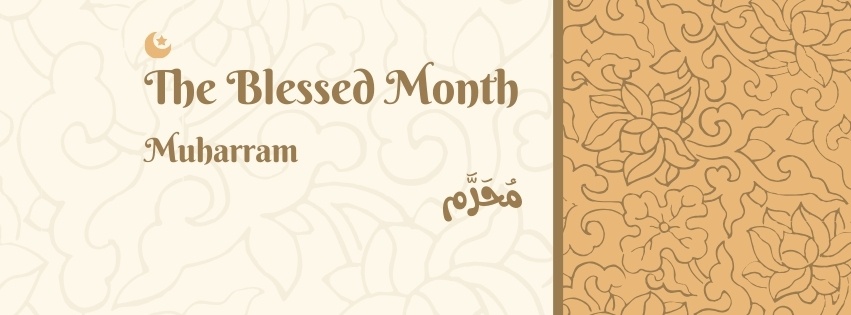what are the sacred months?
The scholars agreed that the blessed months are Dhul-Qi’dah, Dhul Hijjah, and Muharram, and they are consecutive while Rajab occurs in isolation of the other three months. Allah said in the Holy Quran, Surah Al-Tawbah, Aya 36, ”Indeed, the number of months with Allah is twelve [lunar] months in the register of Allah [from] the day He created the heavens and the earth; of these, four are sacred. That is the correct religion, so do not wrong yourselves during them” (إِنَّ عِدَّةَ الشُّهُورِ عِندَ اللَّهِ اثْنَا عَشَرَ شَهْرًا فِي كِتَابِ اللَّهِ يَوْمَ خَلَقَ السَّمَاوَاتِ وَالْأَرْضَ مِنْهَا أَرْبَعَةٌ حُرُمٌ ذَٰلِكَ الدِّينُ الْقَيِّمُ ۚ فَلَا تَظْلِمُوا فِيهِنَّ أَنفُسَكُمْ). Allah Almighty called it sacred as He prohibited to fight and shed blood during these months. Upon understanding this Aya, we see that Allah commands us to be more careful about committing sins during these four months. During these four months, when the believer does good deeds, he will be rewarded extra. Ibn Abbas (ra) said, ‘In all (twelve) months, Allah then chose four out of these months and made them sacred, emphasizing their sanctity, making sinning in them greater, in addition to multiplying the rewards of righteous deeds during them’. [Tafseer Ibn Katheer].
The significance of Muharram
The Islamic Hijiri month starts with the month of Muharram. It was narrated by Sayyidna Abu Hurairah, the Messenger of Allah (ﷺ) as saying: The most excellent fast after Ramadan is Allah’s month al-Muharram, and the most excellent prayer after the prescribed prayer is the prayer during the night. Sahih (Al-Albani). That is why Muslims should try to do better in this month, especially with fasting as recommended by the prophet Muhammed. People do not pay attention to the blessings of this month, and when they do, it is not as much as they do with the month of Ramadan or the first ten days of Dhul Hijjah, though it was narrated by the Salaf that they used to honor the first ten days of Muharram. The believer who seeks Allah’s Forgiveness should strive more to do good deeds in this month, such as fasting, doing night prayers (Qiyamu-l-lil), giving Saddaqah to the needy, and expanding gifts and givings to the family. In addition, we have a blessed day in this month which is Ashura, the 10th of Muharram.
what is Ashurah?
It is a significant day for all Muslims around the world as they commemorate Allah (SWT) freeing Prophet Musa (AS) and the Children of Israel from Pharaoh. Syyidna Ibn Abbas (rA) narrated that: “When the Prophet ﷺ arrived at Madinah, the Jews were observing the fast on Ashura, and they said, ‘This is the day when Moses became victorious over Pharaoh.’ On that, the Prophet ﷺ said to his companions, ‘You (Muslims) have more right to celebrate Moses’ victory than they have, so observe the fast on this day.” (Sahih Al-Bukhari).
Fasting the Day of Ashurah
The Prophet Muhammed recommended us to fast the day of Ashurah, the 10th of Muharram. Sayyidna ibn `Abbas (may Allah be pleased with them both) said: “I never saw Allah’s Messenger (peace and blessings be upon him) so keen to fast any day and give it priority over any other than this day, the day of `Ashura‘, and this month, meaning Ramadan.” (Al-Bukhari). In another hadith we are told that fasting the day of `Ashura‘ expiates the sins of the previous year as the Prophet (peace and blessings be upon him) said, “Fasting the day of `Ashura‘ (is of great merits), I hope that Allah will accept it asan expiation for (the sins committed in) the previous year” (Muslim).
May Allah make us among those who follow the sunnah of the prophet Muhammad and guide us to the straight path.


